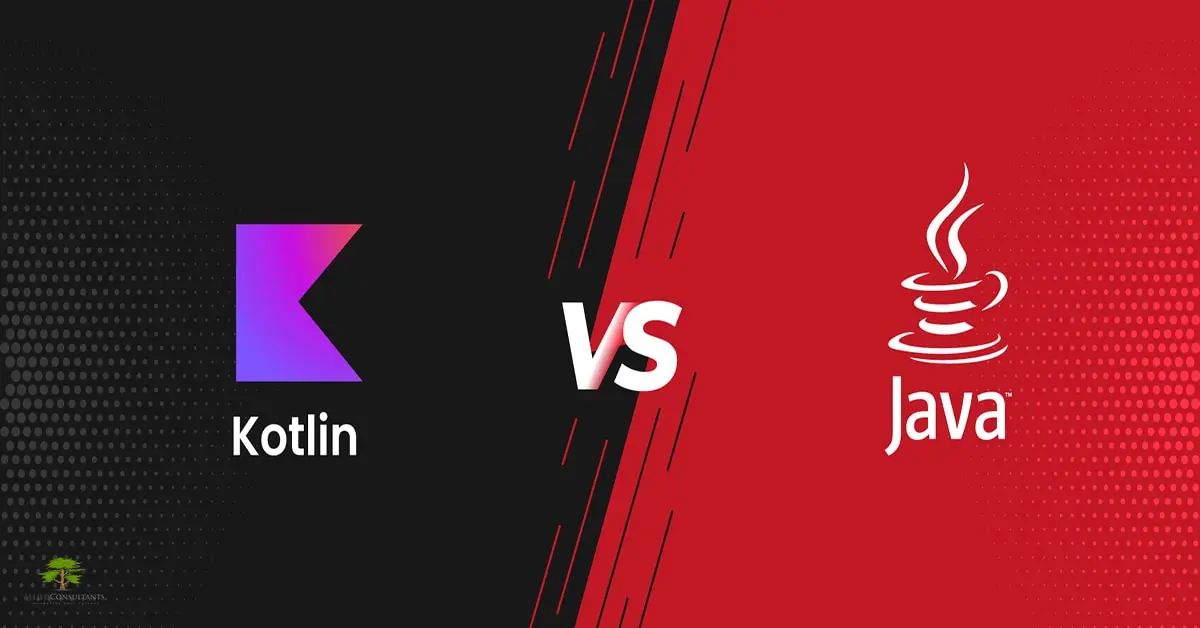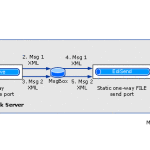Kotlin vs. Java: The Ultimate Showdown for Android App Development
Regarding Android app development, the debate between Kotlin and Java seems never-ending. These two languages have been at the forefront of Android development, each with its legion of supporters and a list of pros and cons. But today, we’re diving deep to settle the debate: Kotlin vs. Java, which one reigns supreme?
The Origins
Java has existed since the mid-90s and has been the backbone of Android app development since its inception. Kotlin, on the other hand, is the new kid on the block, introduced in 2011 by JetBrains. It has been gaining popularity for its modern, concise syntax—it’s like the latest pop hit that you can’t get out of your head.
Kotlin vs. Java
Let’s put these two contenders side-by-side in a table to compare their core features:
| Feature | Kotlin | Java |
| Syntax | Concise and expressive | Verbose |
| Null Safety | Built-in null safety | Requires additional checks |
| Extension Functions | Supported natively | Requires utility classes |
| Coroutines for Asynchrony | First-class support | Relies on external libraries |
| Learning Curve | Steeper for Java devs | Familiar to most developers |
| Community Support | Growing rapidly | Vast and well-established |
| Interoperability | Fully interoperable with Java | N/A |
| Compilation Speed | Comparable, with slight variations | Generally slower in larger projects |
What Developers Say: Study Findings
Several studies and surveys shed light on the preferences of the developer community. According to the Stack Overflow Developer Survey, Kotlin’s popularity has steadily increased among developers, especially those focused on Android app development. This is corroborated by Google’s decision in 2017 to support Kotlin on Android officially.
Furthermore, a study comparing the productivity of Java vs. Kotlin in Android development found that Kotlin developers tend to write code faster, with fewer lines of code and fewer errors. The study also noted Kotlin’s concise syntax and null safety features as key factors in improving developer productivity.
The Practicalities: When to Use Each
Java shines in scenarios where you’re working on large-scale, legacy Android applications. Its vast ecosystem and wealth of libraries make it a reliable choice for projects requiring stability over innovation. It’s like the reliable workhorse that’s been around the block and knows how to navigate it efficiently.
Also Read This: Building Vs Buying Software: What’s Best for Your Enterprise?
Kotlin, on the other hand, is your go-to when starting a new Android project from scratch. Its modern syntax, safety features, and conciseness make it a joy to work with, especially for new apps that want to leverage the latest in app development trends. Think of it as the agile sports car that’s ready to take on the newest roads with speed and style.
Final Verdict
As much as we’d love to crown a definitive winner, both Kotlin and Java have their place in Android development. Your choice between them depends on your project requirements, team expertise, and personal or organizational preferences.
Kotlin offers modern features, conciseness, and a steep but rewarding learning curve, making it an excellent choice for new projects and teams willing to adopt the latest and greatest. Java, with its vast ecosystem and familiarity, remains a strong choice for maintaining existing large-scale applications. So, instead of asking which is better, the question should be: which is better for you and your project? The answer to that is as individual as your taste in music or, indeed, your preference between Coke and Pepsi.
Engage With Us!
Now, we’d love to hear from you. Are you team Kotlin or team Java? Have you switched sides at any point in your development career? Share your thoughts, experiences, and your preferred beverage for coding marathons in the comments below. Let’s keep this conversation going!







